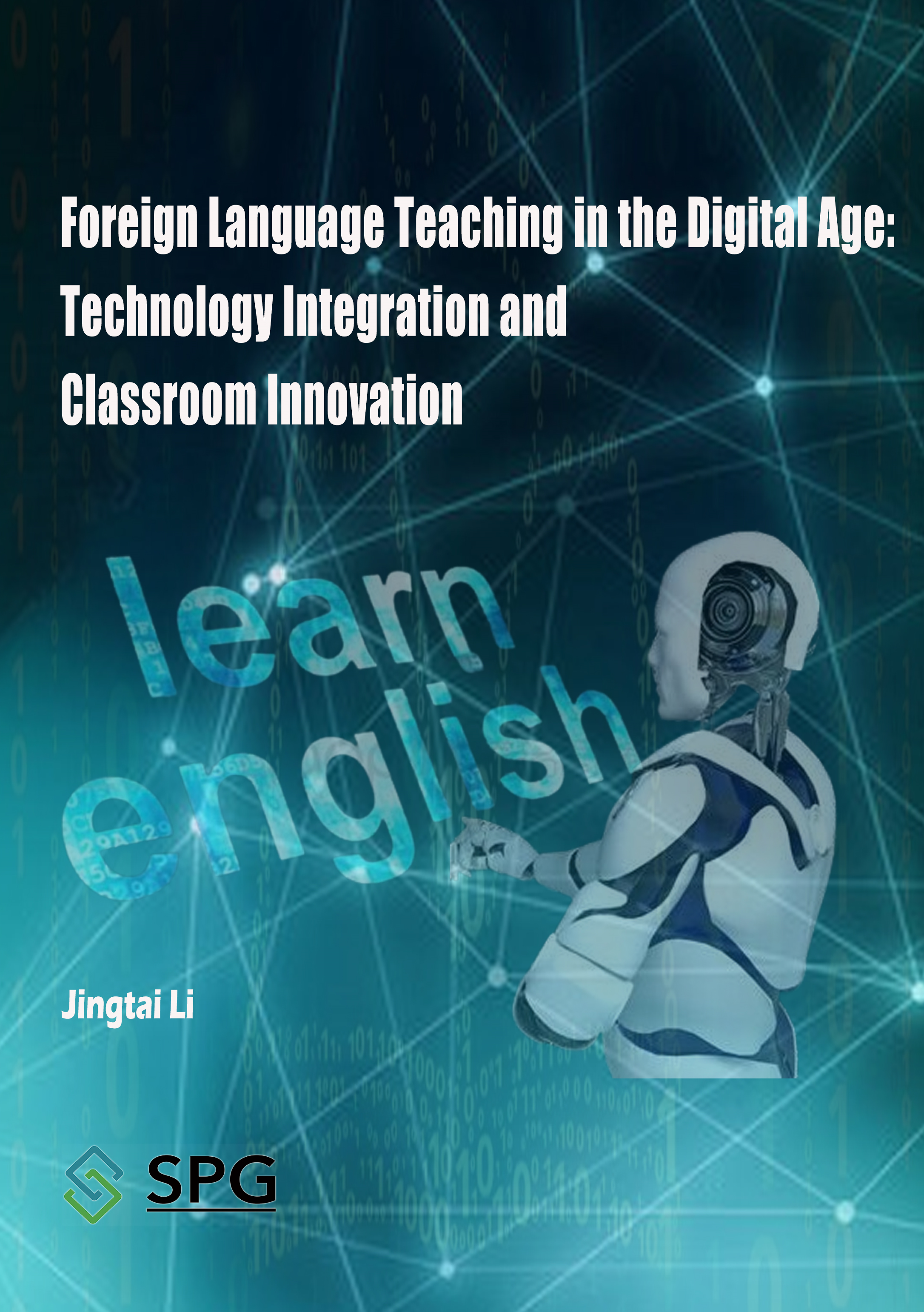
Foreign Language Teaching in the Digital Age: Technology Integration and Classroom Innovation
Published Date: July 9th 2024
Page Length: 401
Language: English
ISBN: 978-1-80053-726-2
Price: £41.00
Introduction
At present, with the huge role of big data technology based on advanced network communication technology in various fields of social life, artificial intelligence (AI), as a product of the rapid development of network information technology, has quickly entered people's field of vision and played an increasingly significant role in economic construction, education and other fields. With the help of big data, virtual teachers can even independently collect teaching resources, providing students with customized learning resources based on speech recognition technology and other technologies. Robot teachers can extract useful components from the obtained student information, providing teaching analysis and suggestions to teachers, and improving the quality and efficiency of teaching work. Big data and artificial intelligence have had a significant impact on the thinking and lifestyle of contemporary human society, and this influence is increasingly evident in the field of education, especially in foreign language education. In this context, foreign language teaching has undergone profound changes in terms of educational concepts, carriers, methods, and content. Especially the online teaching platforms based on big data have brought new problems and challenges to the professional development of foreign language teachers, but they also contain huge opportunities, which have important practical significance for the professional development of foreign language teachers. The popularization of AI tools represented by ChatGPT has had a profound impact on various industries, including foreign language education. They can not only help teachers reduce their workload and increase efficiency, expand their thinking boundaries, stimulate sparks of wisdom, and provide personalized learning and training environments for learners, but also pose challenges to existing teaching modes, learning methods, and evaluation indicator systems.
With the continuous expansion of AI's influence, Internet education has further upgraded and developed. With the support of voice recognition, machine resolution, visual analysis and other technologies, the traditional role of teachers may even be replaced. Both teachers and students should follow the trend, constantly improving their information literacy, and enhancing their ability to use AI tools to solve complex problems through human-machine collaboration. At present, the feedback of AI tools is still relatively vague, imprecise, and has a certain degree of randomness. Users need to carefully judge, screen, and restructure based on their own experience. Faced with the advent of the era of human-machine collaboration, educators urgently need to develop more AI tools, fully utilizing the latest technology to empower foreign language education, promoting the optimization and innovation of talent cultivation models, responding to challenges in a timely manner, and effectively avoiding risks.